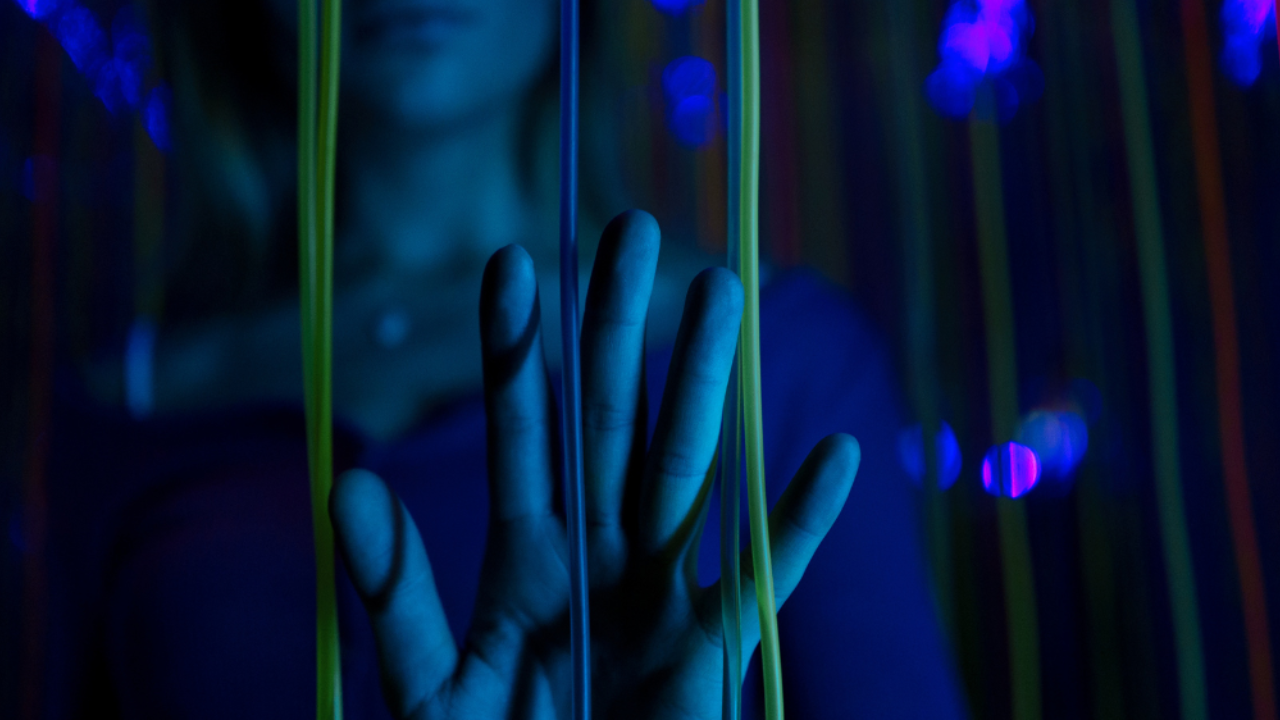
What Is Immersive Experience Psychology?
Jul 04, 2025Immersive Experience Psychology (IXP) studies how sensory-rich experiences—through story, space, sound, and interaction—affect how we feel, learn, remember, and connect.
It sits at the intersection of media psychology, environmental design, narrative identity, and emotion science. It asks:
- What happens when we don’t just hear a story but feel it?
- How do environments shape behavior, empathy, and meaning?
- What kinds of experiences support dignity, care, and connection?
This field draws from decades of research in cognitive science, social psychology, and affective neuroscience. Media psychologists like Jennings Bryant and Dolf Zillmann (1994) explored how people emotionally respond to media. Psychologist Antonio Damasio (1999) showed how emotion is central to decision-making and identity. And narrative researchers like Jerome Bruner (1990) and Dan McAdams (2001) established how personal stories shape our sense of self over time.
Immersive Experience Psychology builds on this work with a focus on:
- Storyfeeling, not just storytelling
- Emotional design and how context cues behavior
- Sensory engagement that influences learning, memory, and empathy
- Intergenerational meaning-making through shared experiences
Whether it's a virtual reality memory walk, a group storytelling ritual, or a redesigned care space that reduces sensory overload, the goal is the same: to create experiences that move us—emotionally, socially, and psychologically.
We remember what we feel.
We connect through what we share.
We grow through what we live.

